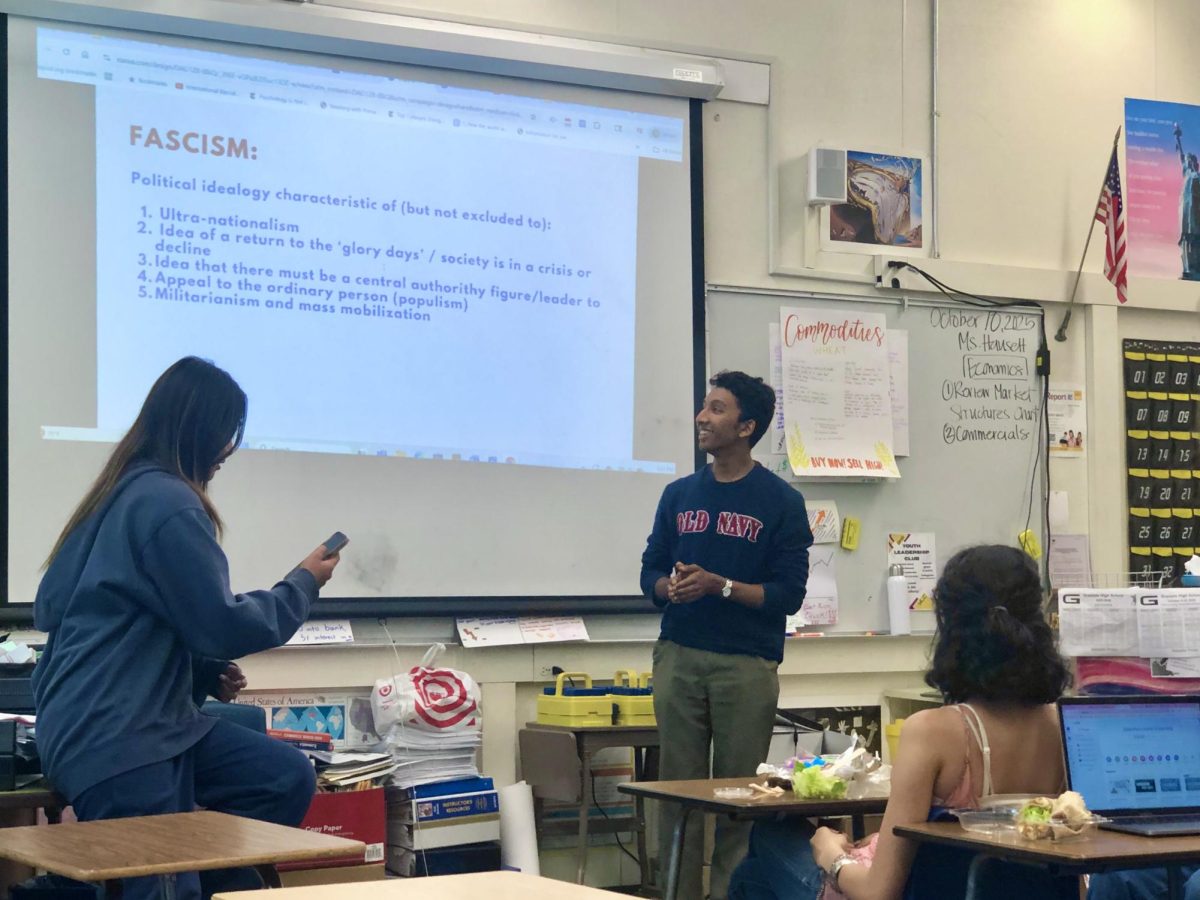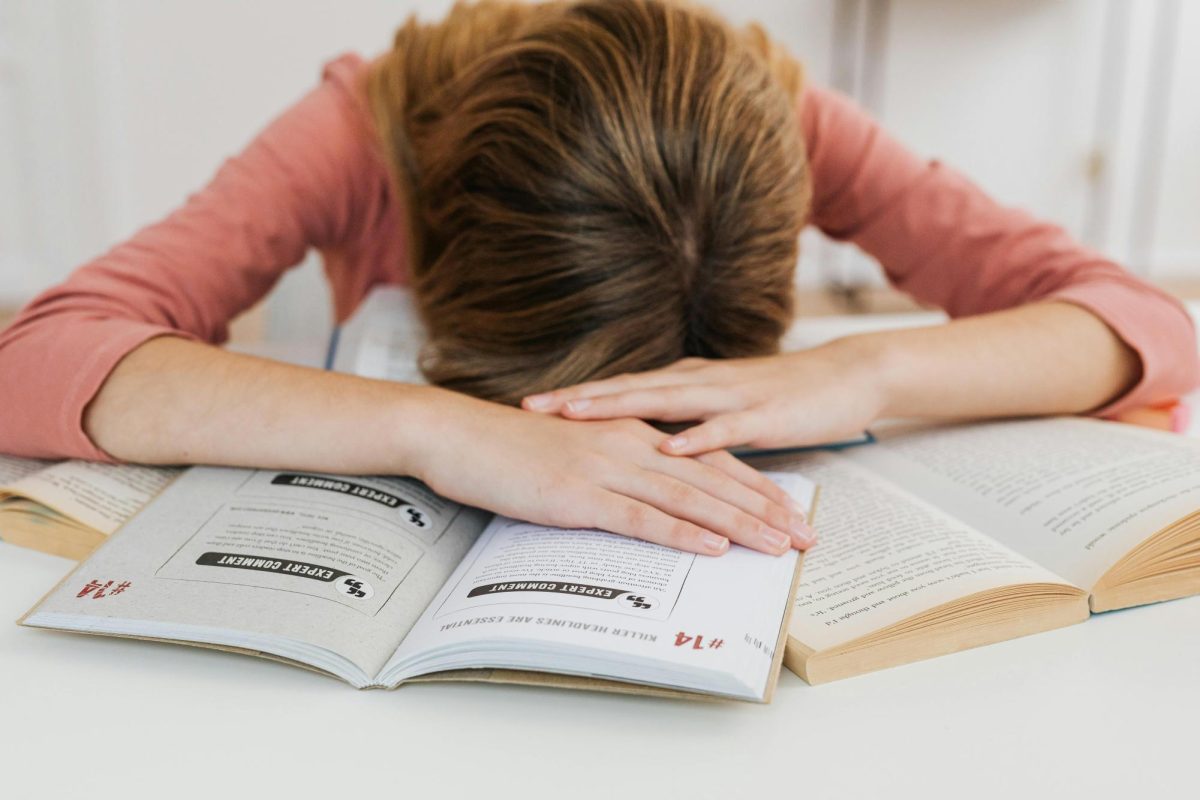As you walk through the quad at Granada, have you ever stopped to notice that almost every single student seems worn out? Hardly anyone wants to, nor does anyone have the energy to enjoy coming to school anymore. How many times today have your friends already complained about being exhausted, in a slump, or about too much homework?
Academic disinterest has been increasing since as long ago as 2008. Before the pandemic, mental health was already depleting among high schoolers. Between 2009 and 2019, lasting feelings of sadness and hopelessness expanded from 26.1% to 36.7%, and by 2021 a survey done by the CDC discovered that 44% of high school students felt that way. The numbers have only risen since then. According to Polygence, about 18% of high schoolers experience complete burnout, which can be detrimental to students’ “physical, affective, and cognitive health.”
So what is burnout? Burnout can be defined as a state of complete mental, physical, and emotional exhaustion, making engaging in regular activities and caring about things that are important to someone extremely difficult. Arshia Mittal, a sophomore at GHS, believes that “the new schedule” here at GHS could be a “contributing factor” to the noticeable change in students’ attitudes toward school. She also stated that “a lot of activities after school” take up much of her free time, making engaging with subjects during the day even more grueling. This differs from academic boredom, which occurs when a student “does not feel meaningfully engaged with or personally connected to a learning activity,” based on a study from Polygence. Increased feelings of boredom and burnout in educational settings are both counterproductive and can result in many negative effects on a student’s overall success and well-being.
Academic boredom can lead to several mental health issues as well as lowered future aspirations. It is caused when students prefer to be engaging in alternative activities but are forced to do one(s) they are not interested in. It can also appear when a course is too challenging for students, making success feel unattainable. Boredom is extremely common in the US; about half of all students experience it daily. Based on a study from the Journal of Adolescent Health, the rates of academic boredom have been growing among younger students as well, increasing about 2% each year since 2008. Depression, anxiety, apathy, and drug or other substance addictions are all associated with frequent feelings of ennui.
Some solutions to overcome these mental hurdles include practicing mindfulness, getting support from teachers, finding a new setting for a clearer headspace, trying out different plans of attack with one’s learning, and making sure to eat and sleep regularly. Most importantly, make time for yourself to reset throughout the week. Work can become overwhelming when students don’t receive adequate time for themselves to pursue activities they love and enjoy. Ethan Mitchell, another sophomore at Granada, added that he believed “slightly changing the learning system into something more creative that students and teachers could enjoy would give students a more positive attitude towards learning.”
Burnout is most commonly caused by a lowered sense of personal accomplishment and constantly feeling overwhelmed/overworked mixed with stress or anxiety. Some students may also feel this way due to a lack of support from teachers, peers, and/or family members. Symptoms of school-related burnout can include “chronic tiredness, irritability, and discontentment with school-related environments” (Polygence). It can also involve decreased energy and concentration, muscle and headaches aches, and a negative change in sleep patterns.
Some solutions to cope with this condition are practicing positivity and organization, meditating, lessening one’s workload, utilizing a planner, journaling, and allowing oneself to have “mental health days,” which are days specifically set aside for a student to stay home during a school day now and then to rest, reset, and make time for themselves, their friends, and their family. Mittal claimed that she tries “to get as much sleep as possible and set aside time for [herself] to just relax and not worry about school.” She also voiced that she thinks “setting reasonable goals and reminding ourselves of them when we are struggling can really help during stressful times.”





























